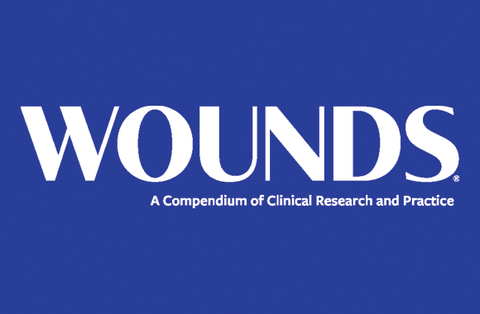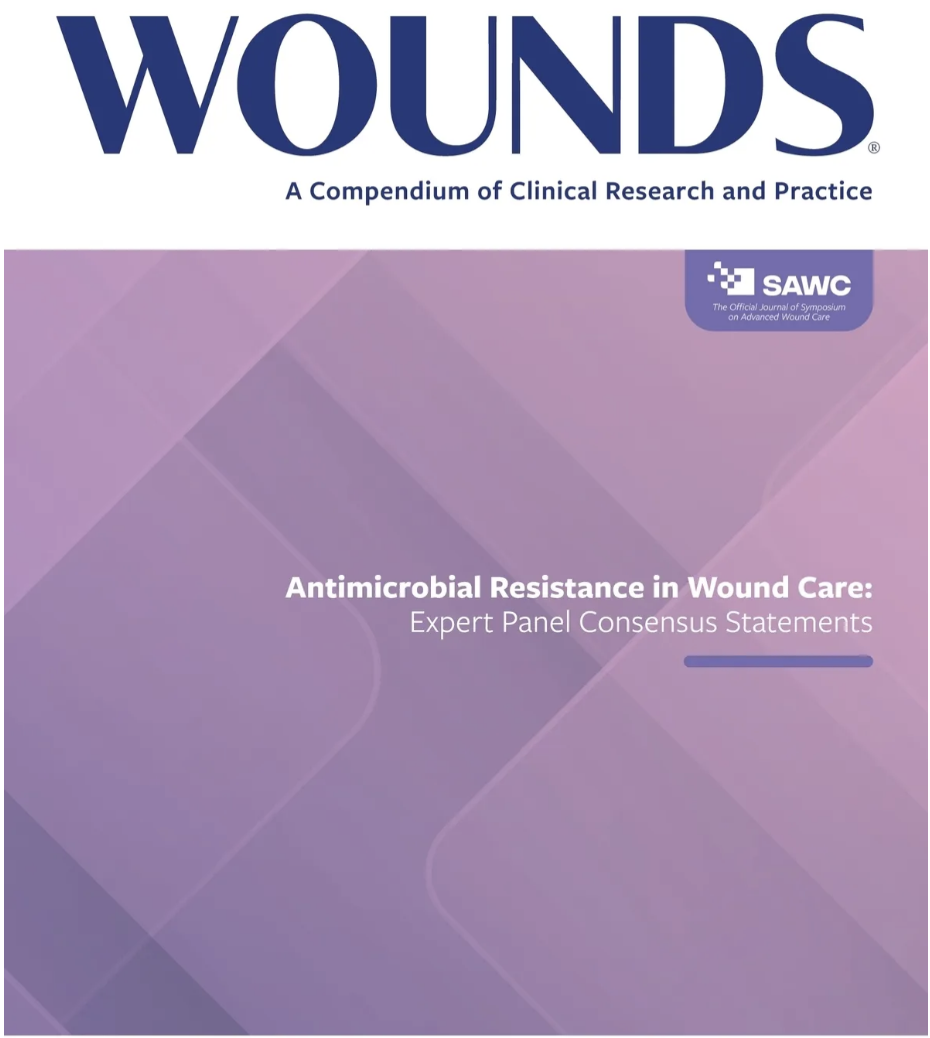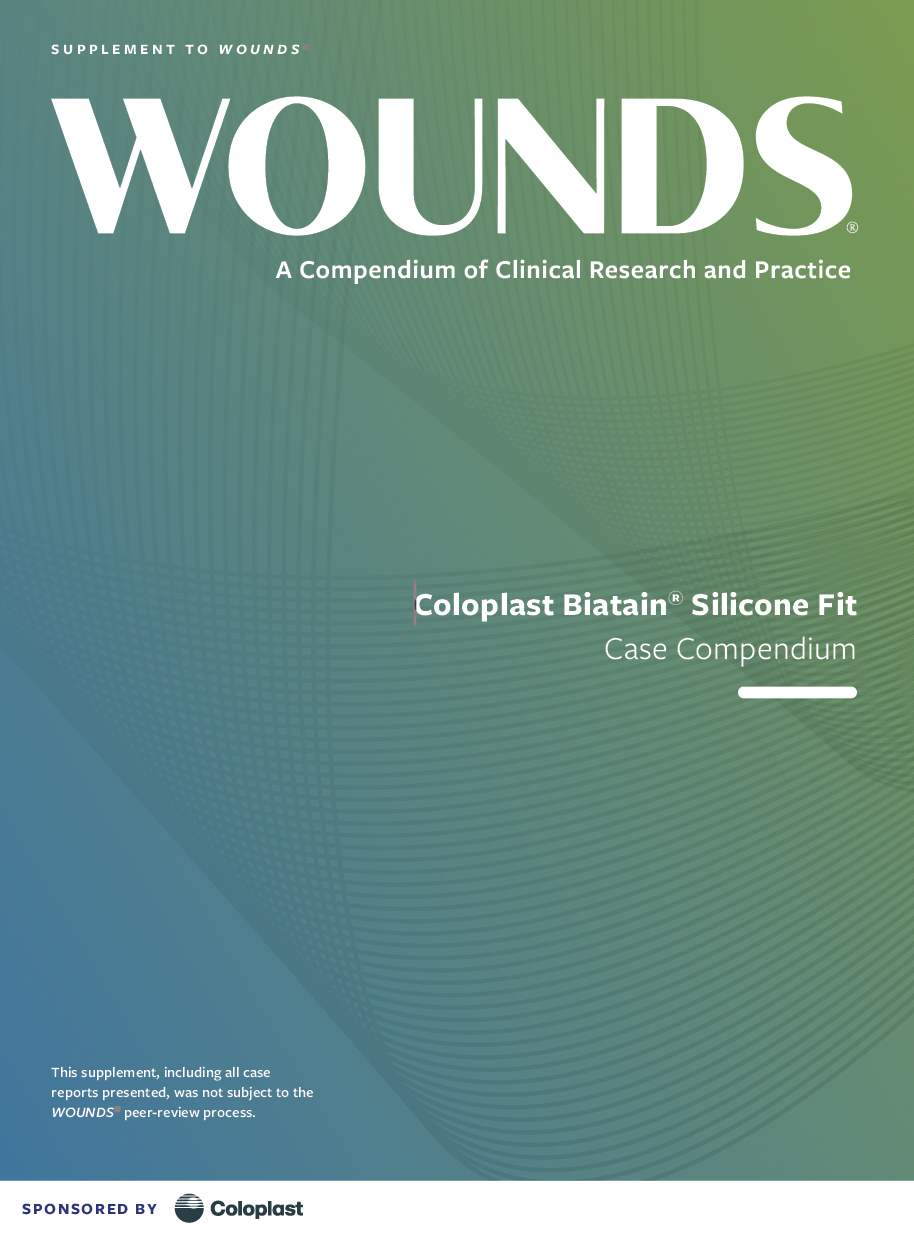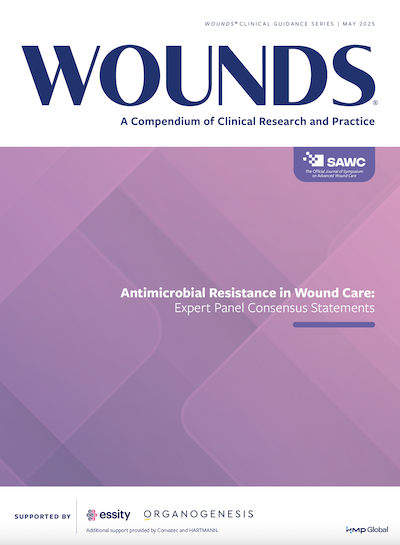Antimicrobial Resistance in Wound Care: Expert Panel Consensus Statements
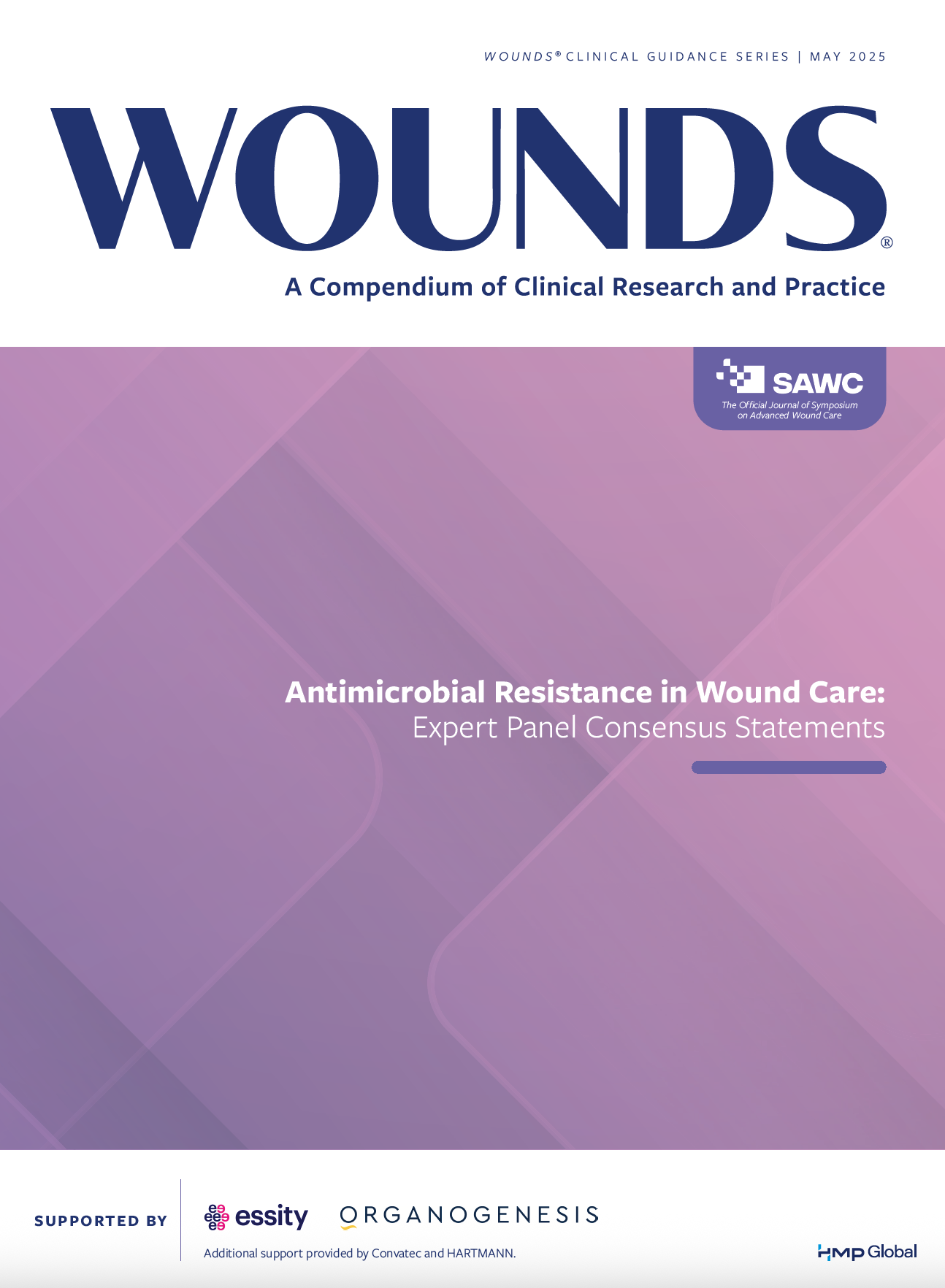 Antimicrobial resistance (AMR) presents a growing global health crisis, with significant implications for managing chronic, hard-to-heal wounds. These wounds often serve as reservoirs for resistant pathogens, particularly when complicated by biofilms that impede healing and shield microbes from host defenses and therapies. In October 2024, a multidisciplinary panel of wound care experts from the United States and Australia convened to develop a consensus document guiding clinicians in the responsible management of microbial burden. This guidance outlines the core physiological processes in healing, the role of microbial colonization and infection in delays, and how resistance develops and spreads. It provides best practices for cleansing, debridement, and systemic antibiotic use, emphasizing that systemic agents should be used only when clinically indicated. The document also explores topical antimicrobials and nonantibiotic alternatives—such as topical oxygen, nitric oxide, probiotics, and chelating agents—to limit systemic therapy use. A key theme is antimicrobial stewardship, advocating for targeted, culture-guided therapy, limited treatment durations, and education for clinicians, patients, and caregivers. By integrating emerging technologies, personalized care, and interdisciplinary collaboration, these recommendations aim to reduce complications, improve outcomes, and slow AMR spread. This peer-reviewed document serves as a practical, evidence-based guide for balanced, informed clinical decisions.
Antimicrobial resistance (AMR) presents a growing global health crisis, with significant implications for managing chronic, hard-to-heal wounds. These wounds often serve as reservoirs for resistant pathogens, particularly when complicated by biofilms that impede healing and shield microbes from host defenses and therapies. In October 2024, a multidisciplinary panel of wound care experts from the United States and Australia convened to develop a consensus document guiding clinicians in the responsible management of microbial burden. This guidance outlines the core physiological processes in healing, the role of microbial colonization and infection in delays, and how resistance develops and spreads. It provides best practices for cleansing, debridement, and systemic antibiotic use, emphasizing that systemic agents should be used only when clinically indicated. The document also explores topical antimicrobials and nonantibiotic alternatives—such as topical oxygen, nitric oxide, probiotics, and chelating agents—to limit systemic therapy use. A key theme is antimicrobial stewardship, advocating for targeted, culture-guided therapy, limited treatment durations, and education for clinicians, patients, and caregivers. By integrating emerging technologies, personalized care, and interdisciplinary collaboration, these recommendations aim to reduce complications, improve outcomes, and slow AMR spread. This peer-reviewed document serves as a practical, evidence-based guide for balanced, informed clinical decisions.
Fill out the form below to read the expert consensus.






